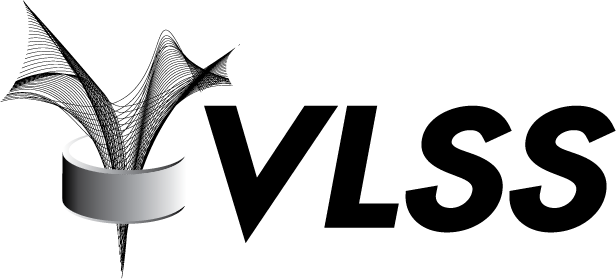Recently, VLSS took on an engagement with an organization that had no disaster recovery (DR) solution in place. The initial phase was to develop a DR Proof of Concept (POC) within a two-week timeframe.
This organization has an on-premise data warehouse and a stack consisting of an Oracle® database, an Oracle Business Intelligence Enterprise (OBIEE) server, and Informatica®. The database is backed up locally with Recovery Manager (RMAN). All components are running in VMware®. The POC’s objective was to take the company’s on-premise environment and replicate it that to the Oracle Cloud to achieve a 48-hour Recovery Point Objective (RPO) and a 24-hour Recovery Time Objective (RTO).
DBMS_COMPRESSION is a package used to manage the Oracle Database table compression feature. This feature lets you compresses data by eliminating duplicate values in disk pages. As database grows in size, table compression saves resources, not only disk storage but also reduces memory use in the buffer cache. First introduced in 11g R2, this package has been evolving, and some very useful enhancements were introduced now in 12c release.
Oracle 12c introduced a new utility which replaces the need to run post installation SQL scripts after a database patch is applied.
This new utility is called “Datapatch” and it is shipped with 12c binaries as a component of OPatch distribution.
“Datapatch” is very useful in multitenant environments where multiple PDBs (Pluggable Databases) must be patched together.
With the release of Database 12.1.0.2, Oracle introduced a new functionality oriented to exchange information in JavaScript Object Notation (JSON) data format between applications and the database engine.
JSON is a language-independent data format based on the JavaScript Programming Language often used for exchanging structured data between heterogeneous web applications.
JSON database implementation allows you store and retrieve data between the applications and the database engine conforming to the JSON standard avoiding the need of writing custom procedures and special code.
Introduced in Oracle Database 11g Release 2, file watchers allow triggering jobs when a new file is created in a predefined operating system path. A file watcher can watch for a file on the local system or a remote system. As prerequisite to use file watchers, the database Java virtual machine (JVM) component must be installed.
